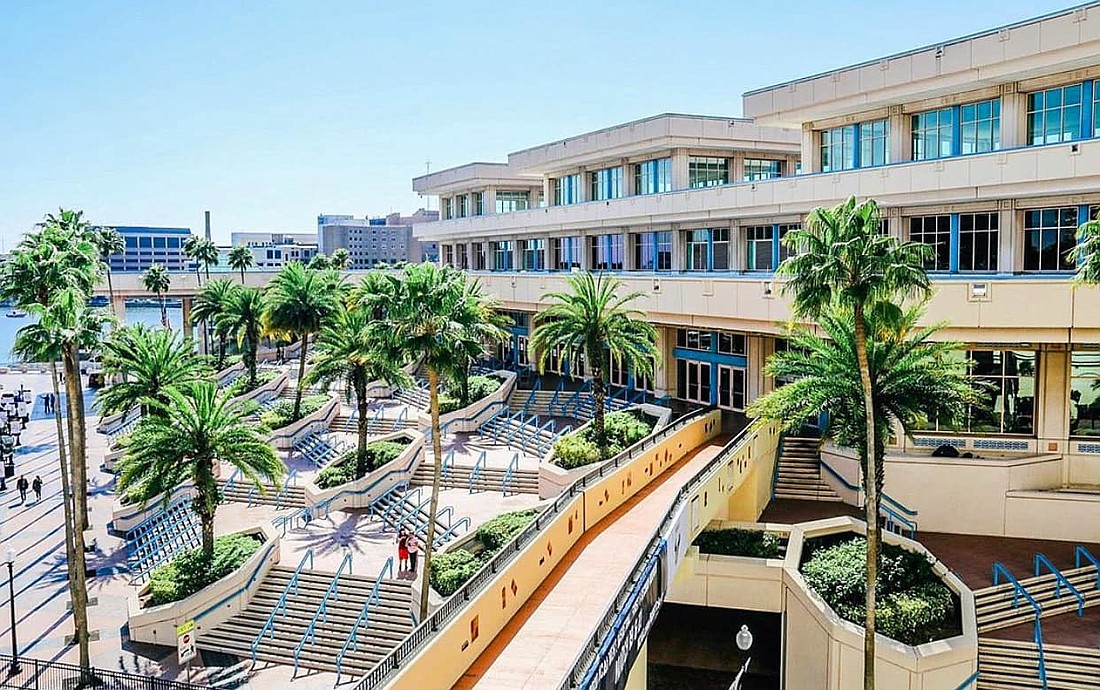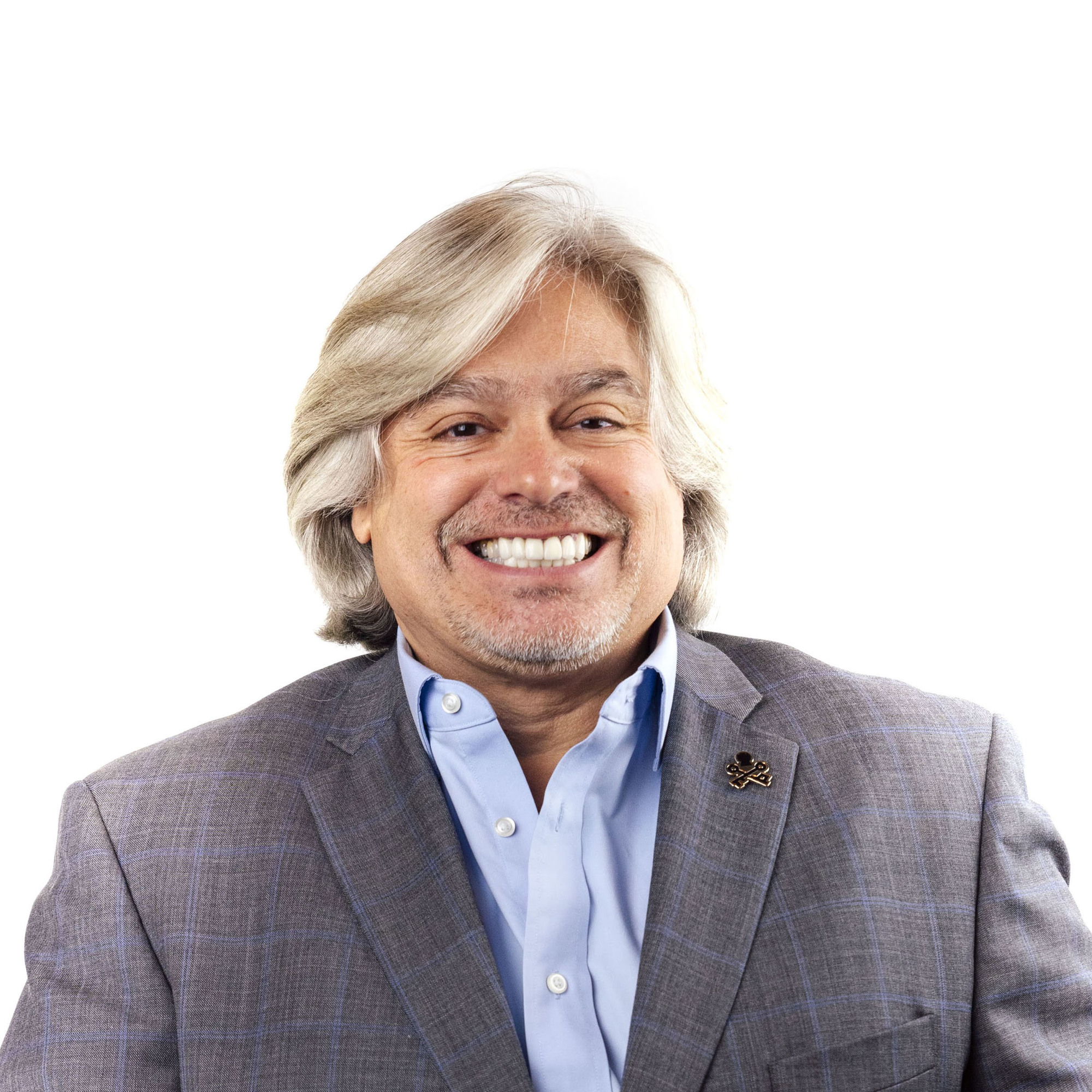- November 30, 2024
-
-
Loading

Loading

Florida’s tourism-dependent economy has been ravaged by the COVID-19 crisis. According to a study from WalletHub, the state has taken the sixth hardest hit from the pandemic and subsequent social-distancing measures that shut down much of the U.S. economy. Only Hawaii, Montana, Nevada, Vermont and Massachusetts have suffered more.

And although the Tampa Bay area doesn’t have a single attraction on the scale of Disney World, which furloughed an additional 43,000 workers April 11, the region as a whole has seen its record-setting run of tourism revenues collapse.
But Visit Tampa Bay, a destination marketing agency that promotes Tampa and Hillsborough County, has used the challenge posed by the coronavirus pandemic as motivation to shift from industry supporter to leader — so that when the recovery comes, there’s consistent, targeted messaging that will encourage tourists and events to return. Other tourism agencies across the region are plotting similar moves.
“We're still out there trying to bring in business, hold onto business and reschedule business,” Visit Tampa Bay President and CEO Santiago Corrada says. “We don't market for anyone exclusively, but we market for everyone. It’s the destination that we promote.”
With many of its tourism industry partners sidelined or, in some cases, out of business entirely, Visit Tampa Bay has made some difficult internal decisions. Corrada reduced the organization’s workforce by two-thirds, from 61 to 21 full-time employees. Also, remaining staff members have taken a pay cut of at least 20%, with higher-salaried employees getting steeper cuts.
'Our goal was to retain as many of our staff, our family members, as possible. But that became more and more daunting.' Santiago Corrada, president and CEO of Visit Tampa Bay
“Our goal was to retain as many of our staff, our family members, as possible,” Corrada says. “But that became more and more daunting. We’re a 501(c)(6) [nonprofit], not a 501c3, and so some of the loans and programs that are out there are not available to use. We draw on private partnership dollars, and we are not about to go out there and invoice our partners when they are suffering.”
Visit Tampa Bay waived its partner dues through the end of its fiscal year, which ends in October. It changed its tagline to “Unlock Tampa Bay … From a Distance,” launched a #TourismStrong hashtag and transformed its website into a COVID-19 resource center. The site provides updates about social-distancing and public health guidelines, information about financial assistance for small businesses and, of course, status updates regarding meetings, conventions and other events slated to take place in the area in the weeks and months to come.
It also provides a comprehensive list of which restaurants remain open for takeout/curbside pickup, delivery and gift card sales. There’s a page dedicated to virtual experiences offered by popular local tourist destinations, such as Florida Aquarium.
“We wanted to make sure that we were not only a resource for our 800-plus partners but anybody else who was familiar with the Visit Tampa Bay brand and visits our website and social media platforms,” says Corrada, whose crisis leadership skills have been tested several times before. A notable example is from 1992, when he was a public school administrator in Miami and had to convert a school into a shelter for residents who couldn’t escape the wrath of Hurricane Andrew.
During the last recession, in 2008-09, Corrada worked in the administration of then Tampa Mayor Pam Iorio. He then served as chief of staff under Iorio’s successor, Bob Buckhorn, who presided over nearly a decade of unprecedented growth and development for Tampa.
“I’ve dealt with layoffs, recessions, emergency preparedness,” Corrada says. “You pick up lessons from those experiences, and so you are better able to inform your team. You say: ‘Hey, listen, we’re going to become a different kind of organization now. We're not allowed to go out and tell people to come and visit. That’s irresponsible and not the right thing to do.’ So what kind of service can we perform?”
Corrada says the biggest business lesson to come from the COVID-19 crisis is that Tampa Bay’s tourism industry might be undervalued — but it’s fragile and shouldn’t be taken for granted. It has taken years of hard work, he says, to make the region a premier destination, and now it might take years to recover.
“People like to talk about low-wage jobs with no future, but that’s just not true,” he says. “The influx of money from just one visitor has so many ripple effects.”